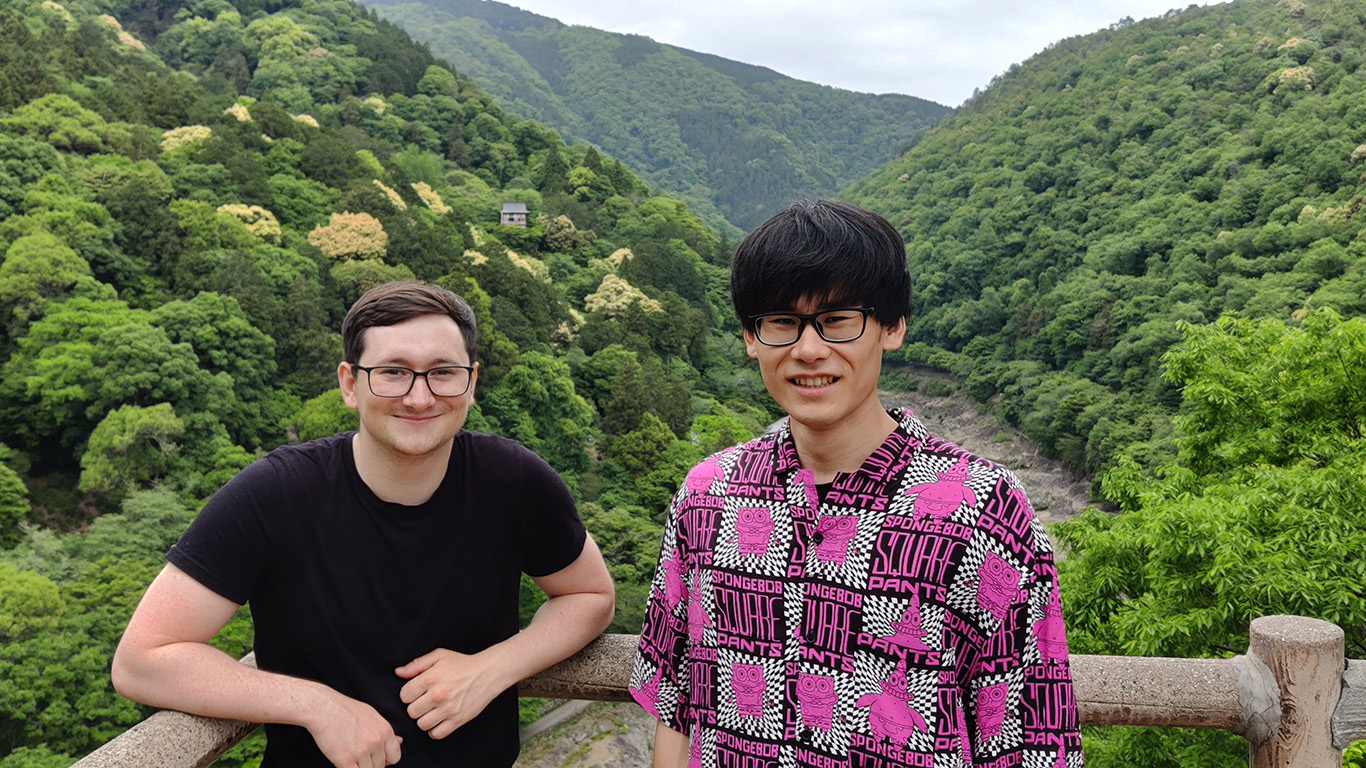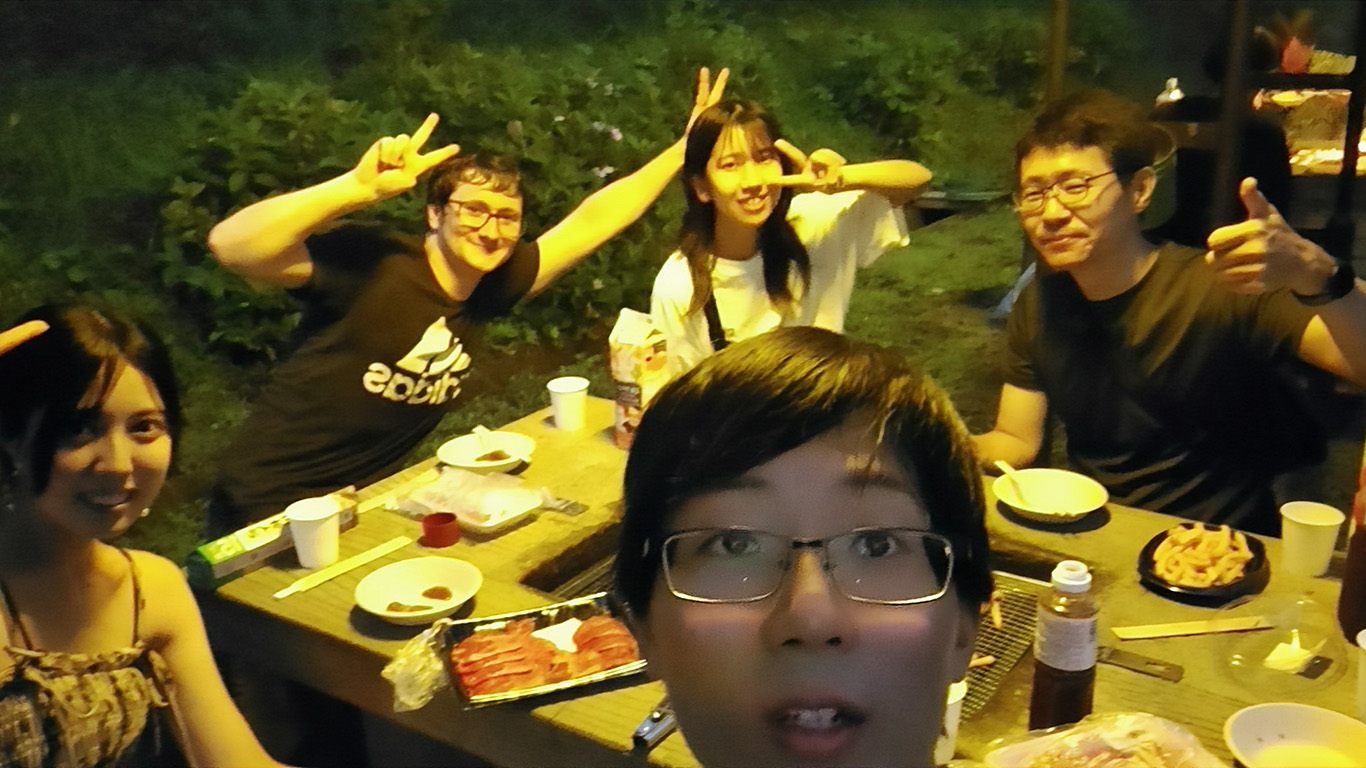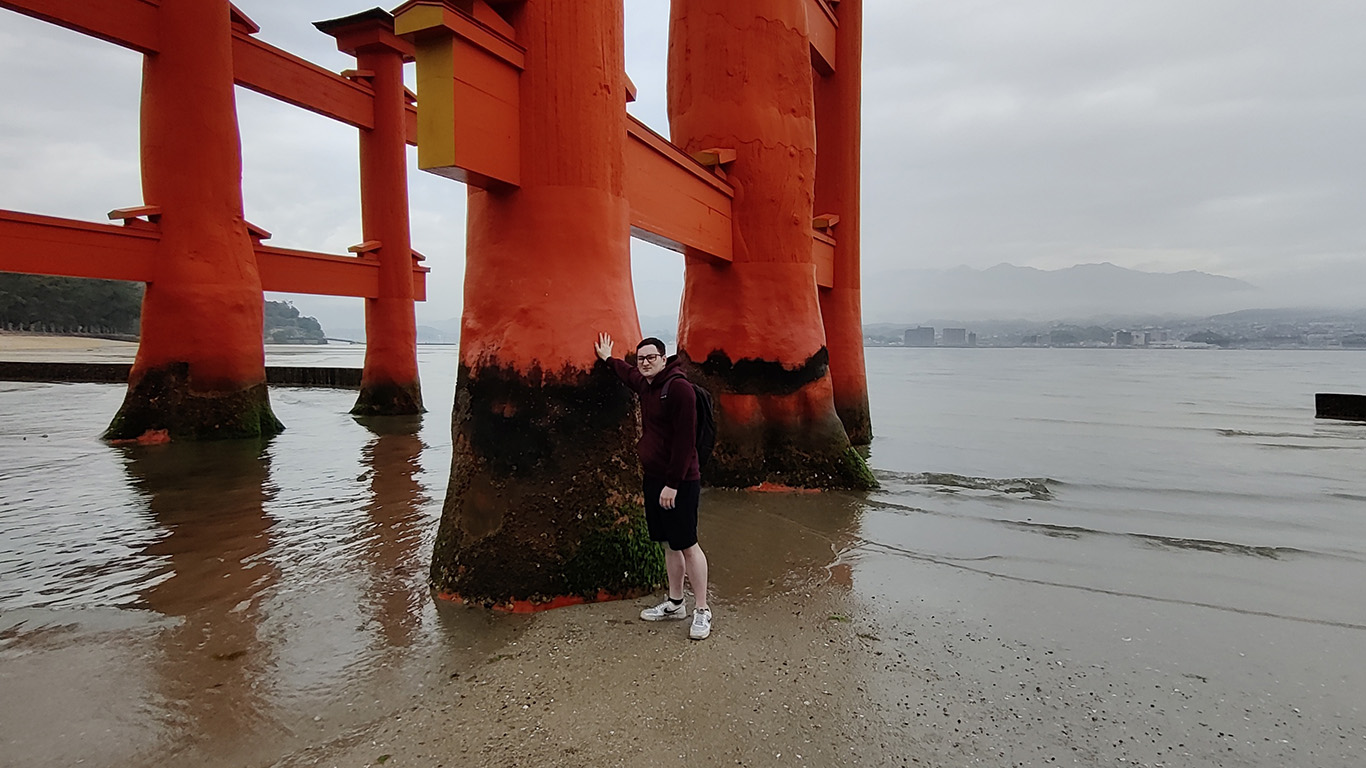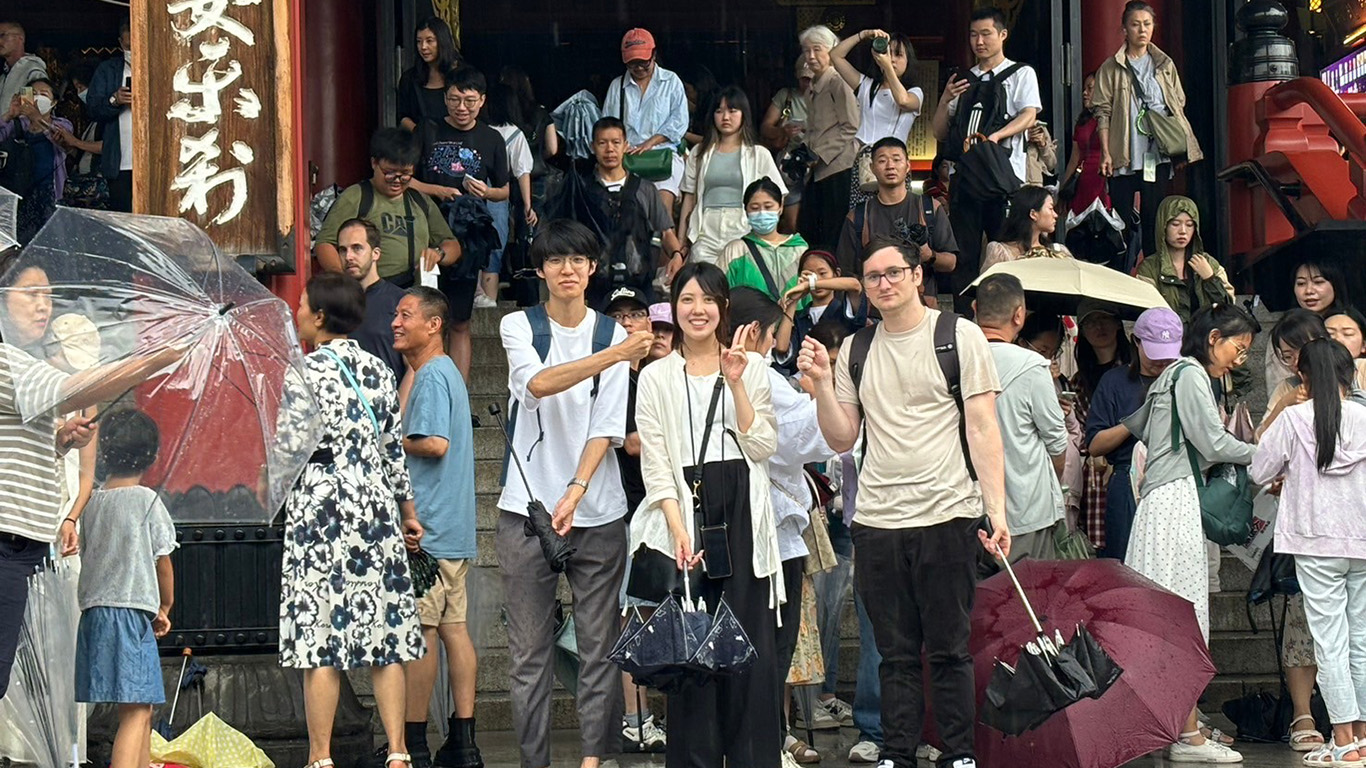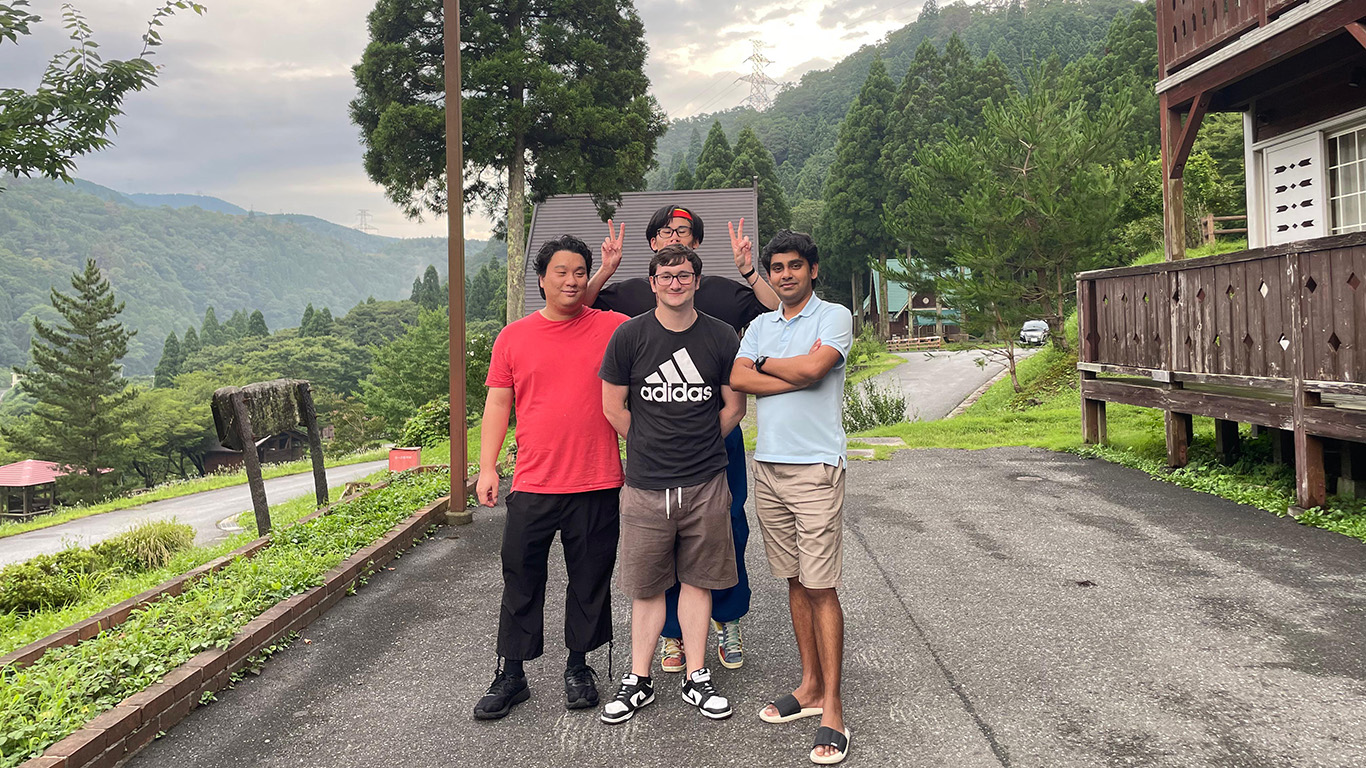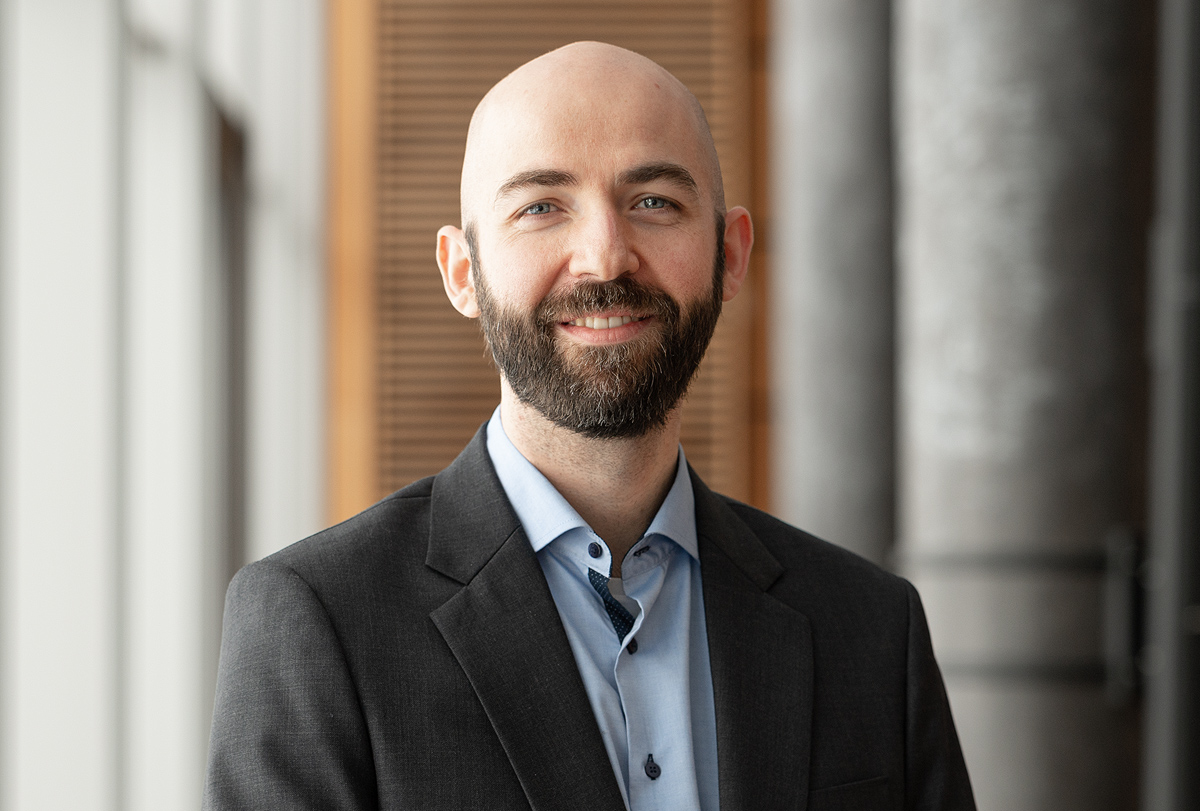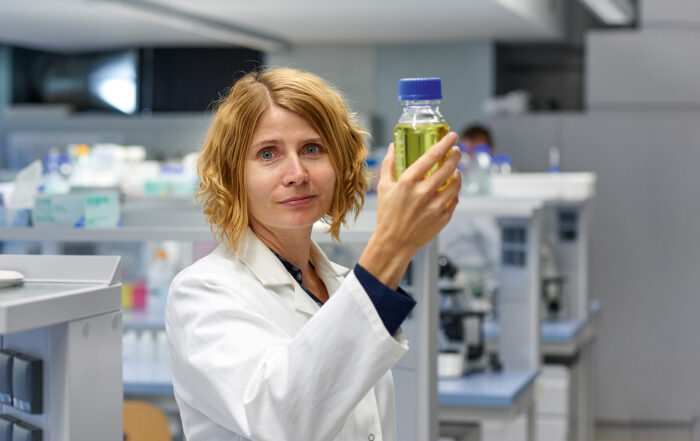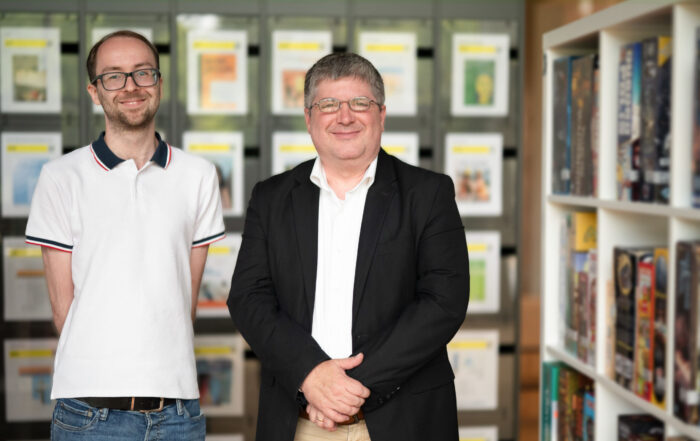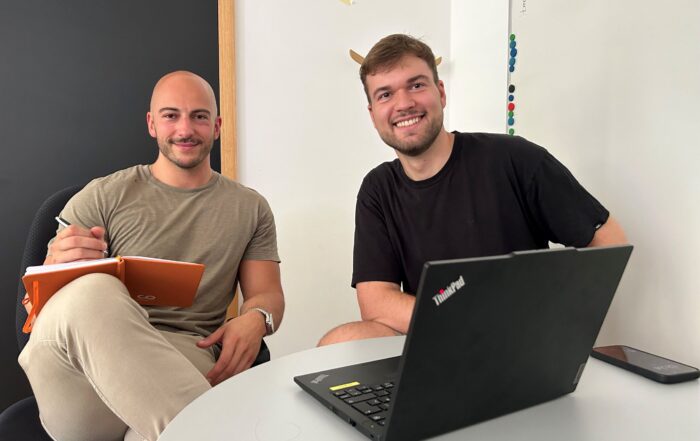13. August '24
by Andreas T. Wolf
The world is open to IT students. University student Luca Jung was drawn to Nara in Japan to code. The 25-year-old computer science bachelor is therefore spending his practical semester at a science and technology institute overseas. He received help from his professor from the Faculty of Electrical Engineering and Computer Science.
The Nara Institute of Science and Technology (NAIST) is an incredibly diverse gathering of bright minds from all over the world. At least that’s how computer science student Luca Jung describes it when he raves about his internship semester in Japan: “Communication is very important here, which means you get to know many different areas of cyber security, can do serious research and still have a very close relationship with all colleagues, be it sensei, senpai or fellow students.”
Jung works in a cyber security laboratory at NAIST, where he attends events and conferences as well as lectures and experiments: “I was particularly impressed by the high level of motivation and professional approach of the Japanese researchers, which inspires me every day.” His main tasks on site include research first and foremost, i.e. reading a lot and looking at and programming practical use cases. Among other things, he has also developed a small intrusion detection system that detects unwanted influences on car cameras, for example, and prevents major errors. He is currently working in the field of “DPDK – Enhancing Security in High-Performance Packet Processing Frameworks” – i.e. “hacking” systems to find and close security gaps. “What is particularly exciting here is that, despite the security measures, everything still has to run quickly, as high-performance packet processing requires very high speeds,” enthuses Jung.
Exotic experiences
Unlike at his university in Germany, his practical semester is surprisingly theory-heavy: “At our university, on the other hand, you learn theory and practice at the same time. Japanese students use a lot of their free time to acquire the necessary skills. Both systems are very different, but also very effective.”
He has always been fascinated by Japan. The culture, language and history appealed to him just as much as the technical achievements in robotics and artificial intelligence (AI). It was therefore an easy decision for him to get on the plane: “In order to experience these impressions and experiences for myself, I took the opportunity of the internship semester and the possible scholarships to apply for it. My aim is to use this experience abroad to expand both my professional and cultural knowledge and to make valuable international contacts.”
Internationalization at the university
His professor Dr. Florian Mittag, practical representative for the Bachelor’s degree courses in Computer Science and Visual Computing and Head of the Laboratory for Artificial Intelligence at Coburg University of Applied Sciences, helped with this. He was also taken with the unique culture in the Far East. His students also know this from his lectures, which is why Jung asked him for help. Together with the university’s International Office, he was finally able to arrange a place. Internships in industry are planned from the fifth semester onwards in order to gain an insight into professional life in the field, says Mittag: “There are experiences that are difficult to gain in a university environment alone. Some of our students take the opportunity to complete their internship abroad and we are happy to help.”
In the IT sector in particular, business relationships with international partners are becoming increasingly common in industry, which is why thinking outside the cultural box can be a very instructive experience, says the IT professor: “Curiosity is the best teacher and studying is the best time to gain experience.”
Internationalization is important not only in industry, but also for Coburg University of Applied Sciences. Although the internship semester in Japan is currently still a special feature, the university is working on further opportunities, offers and networks. Prof. Dr. Mittag would also like to see more Japanese students in Coburg: “The Nara Institute of Science and Technology is a partner university of Coburg University of Applied Sciences and I would very much welcome a more intensive exchange.” He is also toying with the idea of spending a research semester in Japan himself.
Whether programming or national language
Computer science is already international at its core, as it is present everywhere and enables communication via programming languages. All you need is a computer with Internet access – then you can work and communicate from anywhere in the world, says Mittag: “Software development (especially in the open source sector) is distributed all over the world and can then be used anywhere. The next step forward in advancing a field could happen anywhere on the planet – perhaps even here in Coburg. Science and research thrive on the free exchange of thoughts and ideas.”
Luca Jung is certainly very happy about the opportunity to spend his internship semester abroad.He has now made many Japanese friends and gained profound insights into the culture and way of thinking: “I’m having one of the best times of my life here and would recommend such an experience to anyone.”


